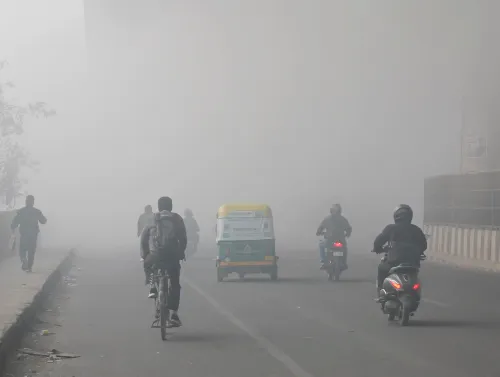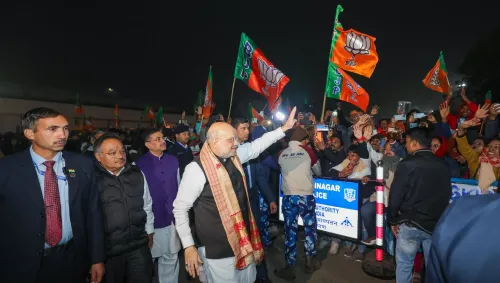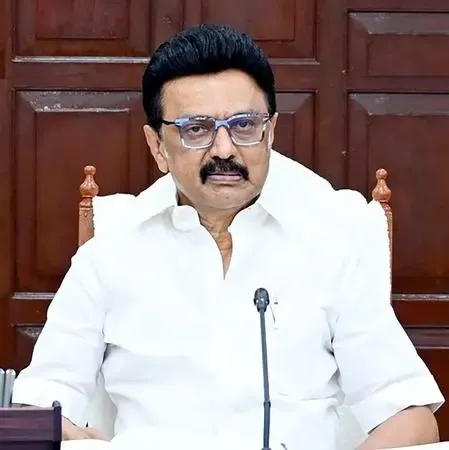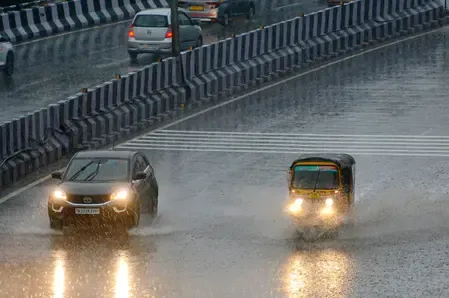Did the G7 Summit Invitation to PM Modi Disprove Opposition's 'Foreign Policy Failure' Claims?
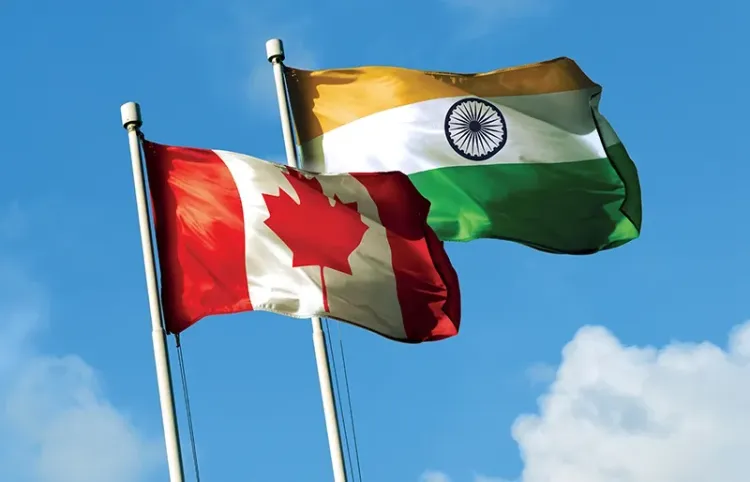
Synopsis
Key Takeaways
- PM Modi's invitation to the G7 Summit highlights India's global significance.
- Opposition's claims of diplomatic failure appear unfounded.
- India's foreign policy demonstrates resilience and adaptability.
- Participation in the summit reinforces India's status as a key global player.
- Strategic partnerships play a crucial role in international diplomacy.
New Delhi, June 6 (NationPress) In a surprising twist, just days after the Congress and other opposition leaders criticized what they perceived as a diplomatic snub to India regarding its exclusion from the forthcoming G7 Summit in Canada, the narrative has shifted significantly. Prime Minister Narendra Modi announced on Friday that he has accepted an official invitation from Canadian Prime Minister Mark Carney to attend the G7 Summit, scheduled to take place in Kananaskis, Alberta.
Sharing the news on the social media platform X, PM Modi expressed: "I congratulated him on his recent election victory and expressed gratitude for the invitation to the G7 Summit in Kananaskis later this month. As dynamic democracies connected by profound people-to-people ties, India and Canada are set to collaborate with renewed enthusiasm, anchored in mutual respect and common interests."
This invitation and PM Modi’s acceptance directly challenge the Congress’s recent assertions, where prominent leaders such as Jairam Ramesh and Supriya Shrinate criticized the government’s foreign policy, labeling it a failure due to India's non-invitation. Ramesh claimed on June 3 that India's absence from the guest list represented a "significant diplomatic misstep." Shrinate echoed this sentiment, lamenting that "even nations like Canada no longer invite India," contrasting it with former US President Barack Obama’s commendation of then-PM Manmohan Singh during a G20 forum in 2010.
These critiques now seem hasty and politically driven. Analysts suggest that in a swiftly evolving diplomatic landscape, making conclusions before formal announcements can be misleading. The opposition’s portrayal of diplomatic isolation now appears not only poorly timed but also misguided.
The invitation extended to PM Modi underscores India's ongoing significance and its impressive influence on the global stage, especially amid a world facing geopolitical shifts, economic turbulence, and climate challenges.
This also showcases the maturity and adaptability of India’s foreign policy, which continues to ensure the country's presence in critical global discussions. Having participated in previous G7 Summits as a special invitee under various hosts, this year's involvement in Canada further cements India's position as a prominent global actor.
As PM Modi gears up to represent India at the summit, this incident serves as a reminder that foreign policy assessments should not be based on speculation or political rhetoric. Strategic alliances, bilateral engagements, and summit invitations often entail intricate negotiations, and India has evidently proven its relevance.


